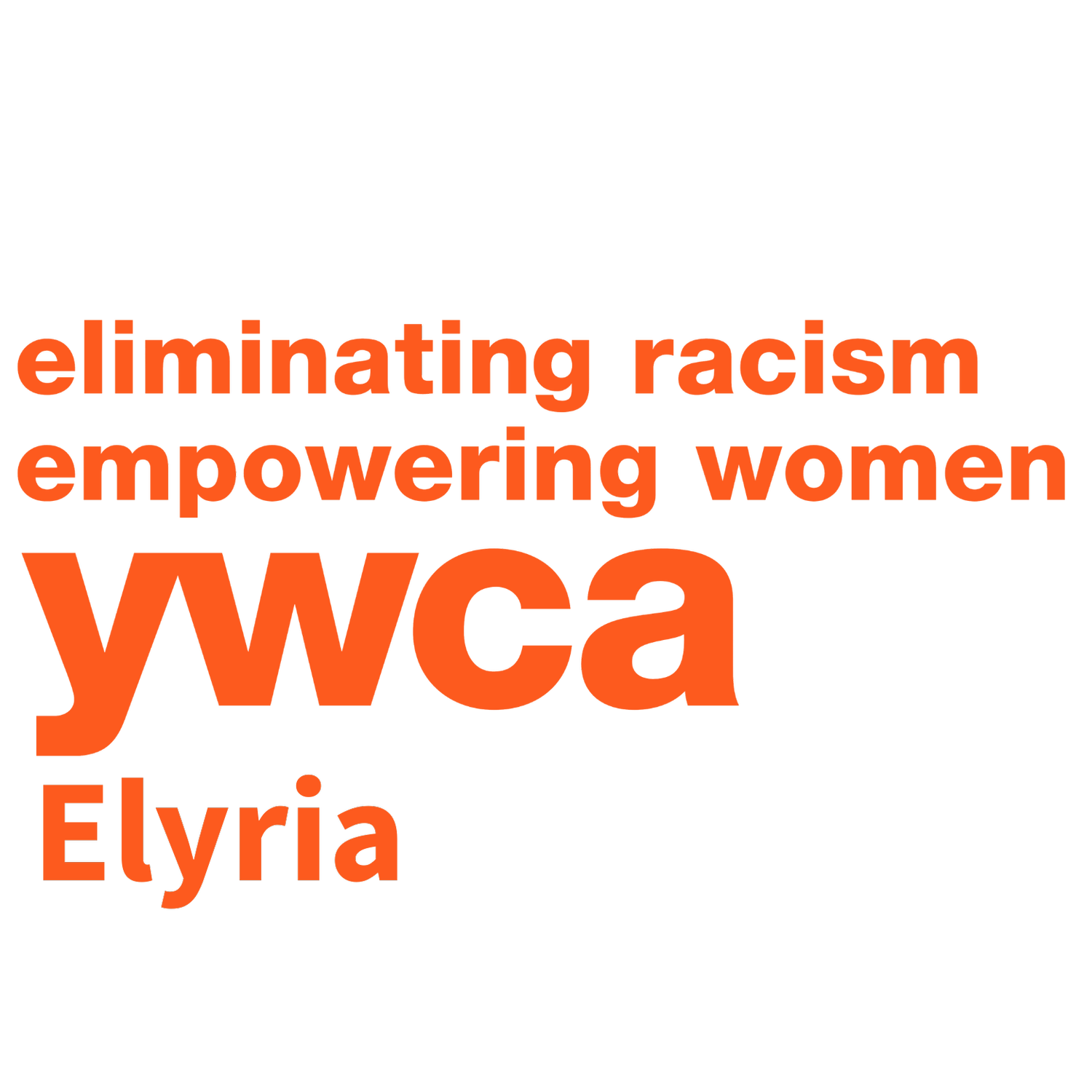Gun Violence
If you have been impacted by gun violence, please consider your well-being before engaging with this material. The United States has the highest number of civilian-owned firearms in the world, making gun violence a major threat to health and safety. We will explore the history of gun ownership in America and how it has impacted the lives of marginalized people.
Week Three Themes
-
Although the Second Amendment has been interpreted as an individual right to own firearms, this right has never been applied equally to people of color. These resources dig into the history of gun ownership in the U.S. from the colonial era today, who has been able to benefit from Second Amendment protections, and the role that racial bias has played in the gun control debate.
-
TRIGGER WARNING: SUICIDE. According to PEW Research Center, suicides account for half of gun deaths in the U.S. Today’s resources will discuss the complex reasons for this rise, including an increase in firearm purchases among people of color and the powerful stigma around mental health in this country. If you or someone you know is in crisis, call or text the 988 lifeline which provides 24/7, free and confidential support for people in distress, as well as prevention and crisis resources for you or your loved ones.
-
TRIGGER WARNING: DOMESTIC/INTIMATE PARTNER VIOLENCE | Today’s resources will shed light on the intersection of guns and intimate partner violence. Similarly to suicide, the presence of a firearm in the home significantly increases the likelihood that intimate partner violence will turn deadly. We will also discuss how you can help advocate for legislation such as background checks, red flag laws, and storage requirements that will help keep women, families, and communities safe. If you are experiencing domestic/intimate partner violence, call the National Domestic Violence Hotline at 800-799-7233 or text START to 88788.
-
Gun violence disproportionately affects communities of color in the United States, exacerbating existing social and economic disparities. Addressing the root causes of gun violence and implementing comprehensive community-based solutions are crucial steps to break this cycle and promote safer, healthier environments for marginalized communities.
-
Over the past several years, we have seen numerous examples of white supremacist gun violence devastating communities across the country. This violence is part of a long history of racial terrorism and hate crimes in the United States, which modern firearms have only made deadlier. The resources provided for this topic will help us understand this phenomenon and what we can do to break the cycle.
2024 Challenge Topics

YWCA Racial Justice Challenge
YWCA’s Racial Justice Challenge is a virtual learning tool designed to create dedicated time and space to build more effective social justice habits, particularly those dealing with issues of race, power, privilege, and leadership. New content is released on weekdays and participants log on to the challenge app on their phone or visit the website and are presented with 21 days of activities such as reading an article, listening to a podcast, or reflecting on personal experience.
We are excited to announce that YWCA’s Racial Justice Challenge will return for its 6th year on April 1-29, 2024 and registration is OPEN NOW!






